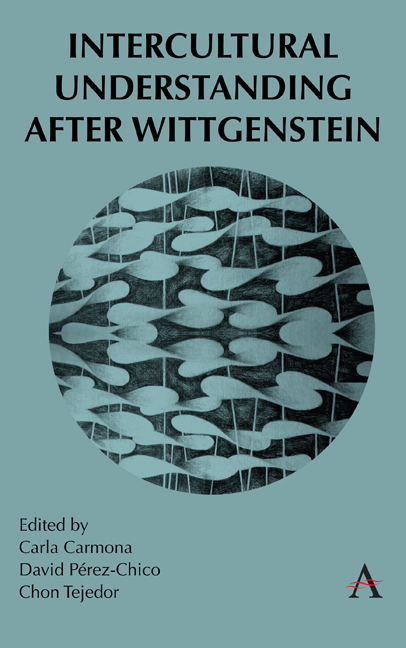Chapter 5 - Musicking as Knowing Human Beings
Published online by Cambridge University Press: 14 November 2023
Summary
To watch Wittgenstein listening to music was to realize that this was something very central and deep in his life’, writes Maurice O’Conner Drury, Wittgenstein’s close friend. He adds, ‘He told me that this he could not express in his writings, and yet it was so important to him that he felt without it he was sure to be misunderstood’ (quoted in Fann 1967, 67–8). While the exact meaning and import of this reminiscence remain forever open-ended, it may nonetheless suggest that Wittgenstein’s thinking about, and with, music is a philosophical subject matter in its own right, and that it may extend fur-ther and deeper than has commonly been acknowledged in the literature heretofore.
The purpose of this chapter is to highlight one aspect of this professed importance of music, which is related to Wittgenstein’s particular interest in the intersection between interpersonal relations, the rules of evidence, and the nature of our agreement and disagreement in speech. Our interpersonal exchanges manifest a kind of mutual understanding that is immediate and experienced. Yet, this sort of knowledge of human beings (Menschenkenntnis) is, in fact, a skill, an accomplished sensitivity to human physiognomy, an instance of ‘knowing how’ rather than ‘knowing that’. Thus, it cannot be accounted for in strictly epistemic terms, as it admits ‘imponderable evidence’ (unwägbare Evidenz) into our judgements. In Wittgenstein’s view, this deeply characterizes our human lives and our daily exchanges with one another and the world. Importantly, for Wittgenstein, music affords a genuine locus – a myriad of natural, straightforward instructive occasions and exemplars – for this kind of knowledge of human beings.
To see and appreciate aright this nexus, we first need to carefully disentangle the two main terms in the title of this chapter – music and knowledge – from common tendencies to apprehend them within the context of certain deep-rooted ideas. The bulk of this chapter addresses Wittgenstein’s concept of knowledge that is appropriate to our sensitivity as human beings. As for music in Wittgenstein’s philosophy, I shall restrict myself to the following précis of what I take to be much broader issues, which call for a comprehensive, unified treatment on another occasion.
- Type
- Chapter
- Information
- Intercultural Understanding after Wittgenstein , pp. 77 - 92Publisher: Anthem PressPrint publication year: 2023



